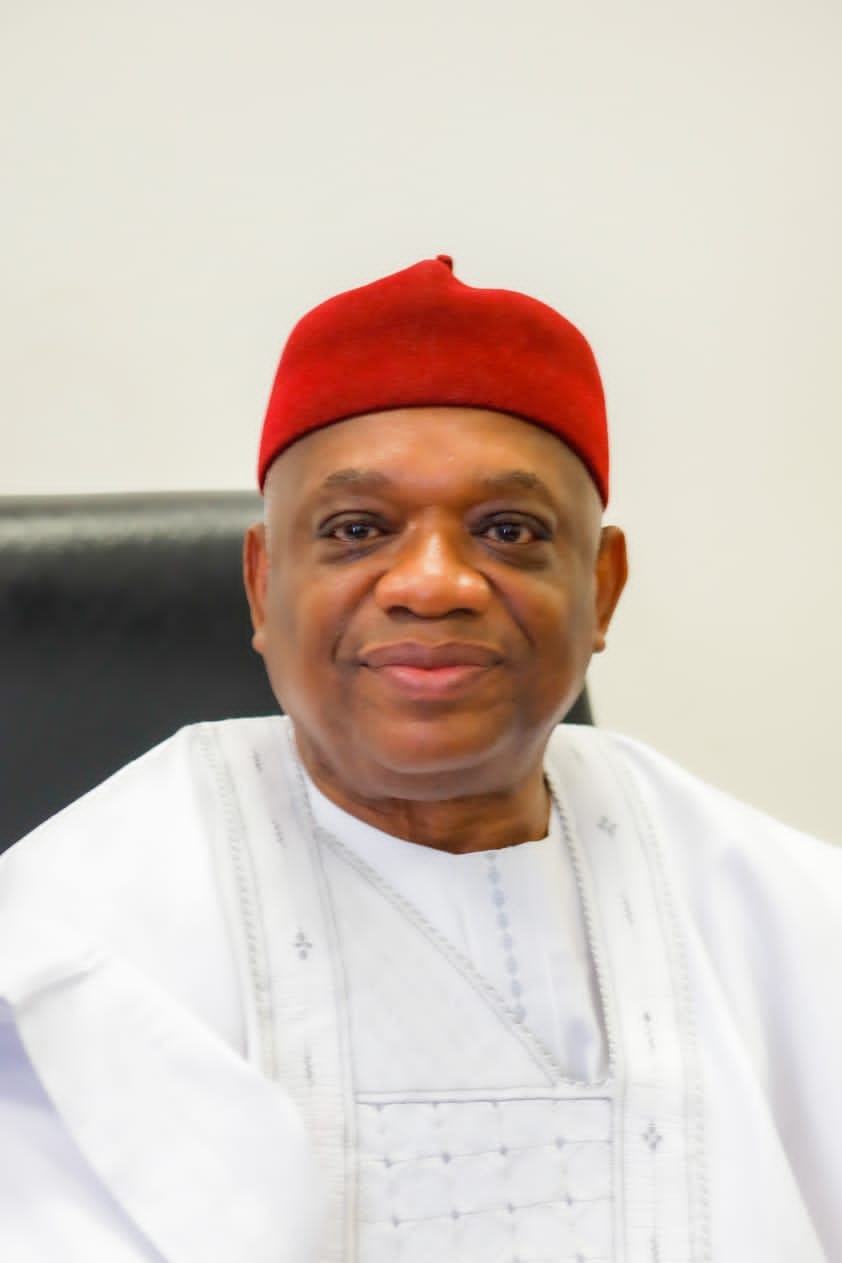As a member of the constituted committee to review and amend the 1999 Constitution, Senator Orji Uzor Kalu has proposed a significant change to the current political landscape in Nigeria.

He has appealed to the people to consider amending the tenure of the President and Governors to a single six-year term instead of the current four-year double term. According to Senator Kalu, this change will improve governance and discourage political distractions after elections.
In a recent press conference, Senator Kalu explained his rationale for advocating for a single six-year term for the President and Governors.
He pointed out that the current system of two four-year terms often leads to a focus on re-election rather than effective governance.
This can result in politicians prioritizing short-term gains over long-term development, as they are constantly campaigning for their next term in office.
Kalu emphasized that a single six-year term would provide elected officials with a longer runway to implement their policies and fulfill their promises to the people.
It would also reduce the burden of constant campaigning and allow leaders to concentrate on delivering tangible results during their tenure.
Senator Kalu highlighted that a single six-year term would help to minimize political distractions and foster stability in governance. With only one term in office, elected officials would not be preoccupied with securing re-election, and they could focus on addressing critical issues facing the country without the constraints of electoral politics.
Kalu’s proposal has sparked a lively debate among political analysts, lawmakers, and the general public. Supporters of the idea argue that it would break the cycle of perpetual campaigning and enable leaders to concentrate on delivering meaningful change.
They believe that a longer, uninterrupted term would provide the necessary time for comprehensive policy implementation and sustainable development.
However, critics of the proposal have raised concerns about the potential lack of accountability that could arise from a single six-year term. They argue that without the prospect of re-election, elected officials may become complacent and less responsive to the needs of the people. Additionally, some have questioned whether a longer term would exacerbate the concentration of power in the hands of a single leader.
As the debate continues, Senator Kalu remains steadfast in his advocacy for the proposed amendment to the constitution. He has pledged to work tirelessly to gain support for the initiative and to emphasize the potential benefits of a single six-year term for the President and Governors.
In the coming months, the constituted committee will engage in extensive discussions and consultations to assess the feasibility of Senator Kalu’s proposal and its potential impact on Nigeria’s political landscape.
The outcome of these deliberations will undoubtedly shape the direction of the constitutional review process and could lead to significant changes in the country’s governance structure.
Rubby Obinna
Oct. 19, 2025.






